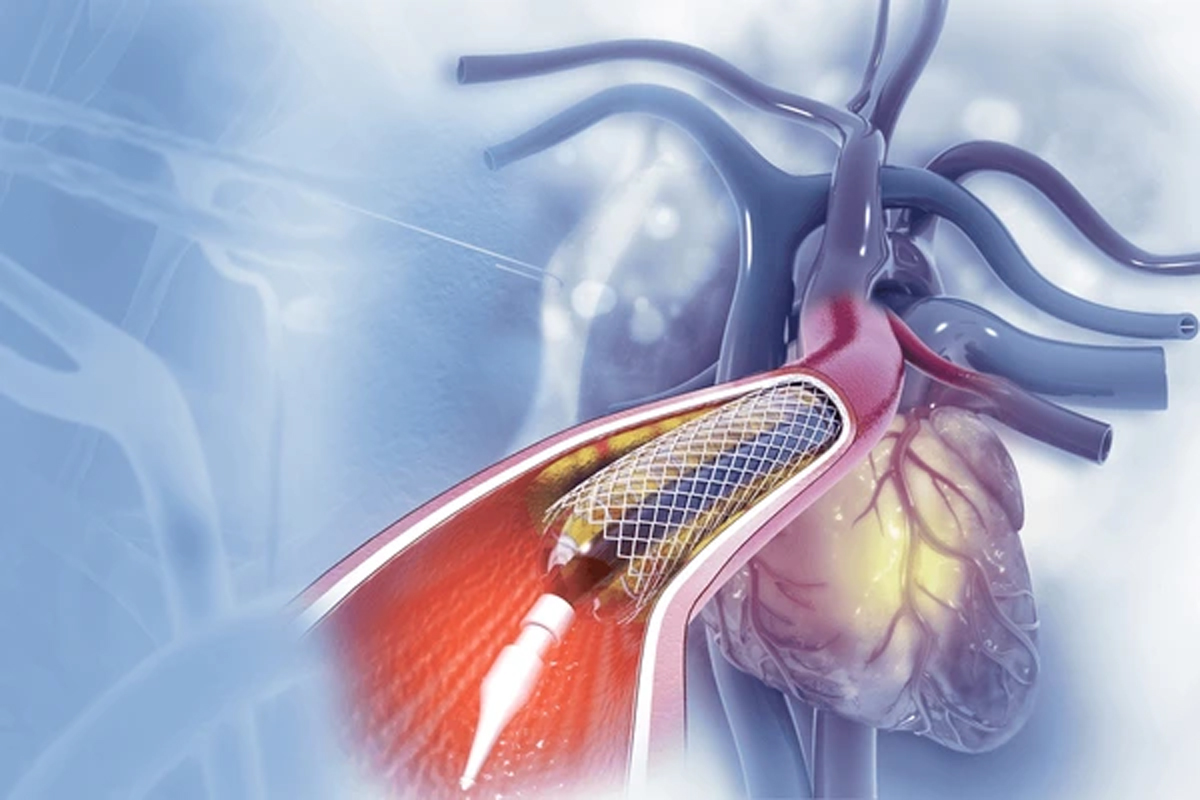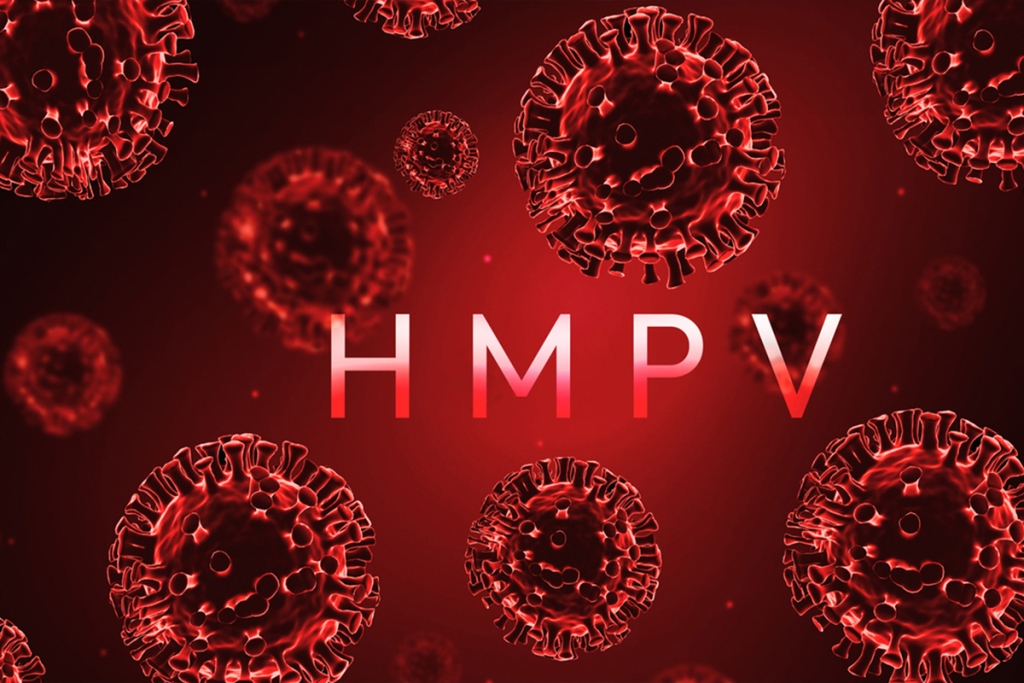
Understanding Human Metapneumovirus (HMPV): Symptoms, Treatment, and Impact on Different Age Groups
By Dr. Deepak Prajapat in Pulmonology, Respiratory & Sleep Medicine
Jan 9, 2025
Human Metapneumovirus (HMPV): Treatment, Symptoms, and Effects on Children and Adults Metapneumovirus (HMPV), a member of the Pneumoviridae family, is a respiratory virus responsible for illnesses that range from mild common colds to more serious lung infections, such as pneumonia and bronchiolitis. Though less recognized than the flu or Respiratory Syncytial Virus (RSV), HMPV is a significant cause of respiratory illnesses worldwide, particularly during winter and spring.
High-Risk Groups for HMPV
HMPV presents a substantial risk, particularly to vulnerable populations.
- Young Children: Infants and toddlers are particularly susceptible to serious respiratory conditions like bronchiolitis and pneumonia.
- Older Adults: People aged 65 and above, or those with chronic conditions like asthma or COPD, face a greater risk of complications.
- Pregnant Women: HMPV during pregnancy can lead to respiratory problems, endangering both the mother and the baby.
- Immunocompromised Individuals: Those with weakened immune systems, whether due to underlying medical conditions or treatments like chemotherapy, face a greater risk of severe symptoms.
Recent Outbreaks in China
A recent outbreak of HMPV in China has underscored the virus’s potential severity, particularly among vulnerable groups. Most infections occurred in children under 14, with many cases necessitating hospitalization due to their severity. Symptoms included persistent coughs, fevers, and critical conditions like bronchiolitis and pneumonia. Health authorities emphasized preventive measures such as handwashing, mask-wearing, and early testing to curb its spread.
Common Symptoms of HMPV
Symptoms in Adults
HMPV symptoms in adults often resemble those of a common cold or flu, including:
- Persistent cough, often with mucus production
- Nasal congestion or runny nose
- Mild to moderate fever
- Fatigue and general body aches
- Sore throat
- Shortness of breath in severe cases
Symptoms in Children
Children are at a higher risk of experiencing severe symptoms, such as:
- Breathlessness
- Wheezing and persistent cough
- High fever
- Poor feeding and dehydration, especially in infants
How Does HMPV Spread?
HMPV is highly contagious and can spread through multiple pathways:
- Respiratory droplets: The virus spreads when an infected individual coughs, sneezes, or talks.
- Direct Contact: Touching an infected person can result in transmission.
- Surface Contamination: The virus can persist on surfaces, increasing risk when touching contaminated objects.
- Airborne Particles: Tiny respiratory droplets can linger in the air, especially in crowded or poorly ventilated areas.
Diagnosis: How Is HMPV Detected?
Diagnosing HMPV is challenging due to symptom overlap with other respiratory infections, often relying on laboratory tests:
- HMPV PCR Test: A molecular test that detects the virus’s genetic material, considered the gold standard for diagnosis.
- Rapid Antigen Tests: Deliver faster results but are less accurate compared to PCR tests.
- Bronchoscopy: Used to examine the airways for changes.
Complications Associated with HMPV
Most people recover from HMPV within 7 to 10 days without complications. However, certain groups may face severe complications:
- Pneumonia: HMPV can cause viral pneumonia, requiring hospitalization in severe cases.
- Bronchiolitis: Often affects infants and young children, causing airway inflammation and blockage.
- Exacerbation of Chronic Conditions: HMPV can worsen existing respiratory issues like asthma or COPD.
- Secondary Bacterial Infections: Complications may arise from a weakened immune system.
- Pregnancy Complications: Respiratory issues during pregnancy can pose risks to both mother and fetus.
HMPV Treatment Options
Specific antiviral medications for HMPV are unavailable; treatment primarily focuses on symptom management.
- Rest and Hydration: Essential for recovery.
- Over-the-Counter Medications: Acetaminophen or ibuprofen can help alleviate fever and body aches.
- Oxygen Therapy: Supplemental oxygen or mechanical ventilation may be needed in severe cases.
- Hospitalization: Close monitoring may be necessary for patients with complications.
How Can You Prevent HMPV?
Since no vaccine is currently available, prevention focuses on hygiene and health practices:
Practice Good Hygiene
- Wash your hands thoroughly with soap and water for at least 20 seconds to ensure proper hygiene.
When soap and water are unavailable, use hand sanitizers that contain alcohol. Avoid Close Contact
- Stay away from individuals showing respiratory illness symptoms.
- Avoid crowded areas during outbreaks.
Disinfect Surfaces
- Regularly clean frequently touched surfaces, such as doorknobs & mobile devices.
Wear Masks
Wearing masks during outbreaks helps reduce exposure to respiratory droplets.
Isolate When Sick
If you experience symptoms, please stay home to prevent the spread of the virus.
Frequently Asked Questions
- How does HMPV differ from other respiratory viruses, such as RSV or the flu?
HMPV is similar to RSV as both can cause severe conditions like bronchiolitis and pneumonia, particularly in children. Unlike RSV, HMPV significantly impacts older adults and immunocompromised individuals. Currently, there is no vaccine or specific treatment available for HMPV.
When should I get tested for HMPV?
Testing is recommended if you:
- Experience severe respiratory symptoms (e.g., difficulty breathing, persistent fever).
- Belong to a high-risk group (e.g., young children, elderly, pregnant women, immunocompromised individuals).
- Have been in contact with someone diagnosed with HMPV during an outbreak.
- Can HMPV last for weeks or months?
Symptoms typically resolve within a week or two, but severe cases may lead to complications like pneumonia, extending recovery to several weeks or months. - What is the impact of HMPV on pregnant women?
Pregnant women are at higher risk for respiratory complications that can affect both maternal and fetal health. Good hygiene and avoiding sick individuals are critical during pregnancy. - How does HMPV affect children?
HMPV is a leading cause of bronchiolitis and pneumonia in young children, often requiring hospitalization and oxygen support. - Can HMPV lead to long-term health issues?
Most individuals recover fully, but severe cases may result in prolonged respiratory issues or exacerbate existing conditions like asthma. - Can you get HMPV more than once?
Yes, immunity following an HMPV infection is not long-lasting, and reinfections can happen. - Where did HMPV come from?
HMPV is believed to have originated in birds before adapting to humans, likely circulating among humans for decades prior to its identification in 2001. - Can HMPV cause vomiting, diarrhea, or ear infections?
Vomiting and diarrhea are not typical symptoms but may occur in children due to severe respiratory distress. Secondary bacterial infections, like ear infections, can develop as complications.







